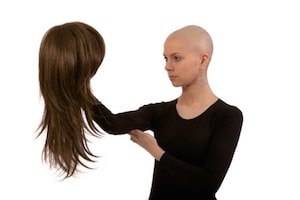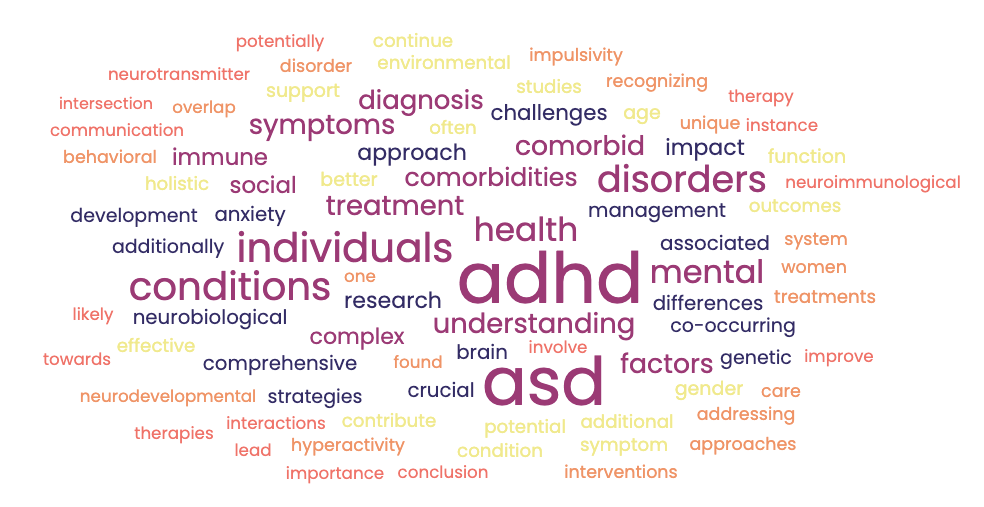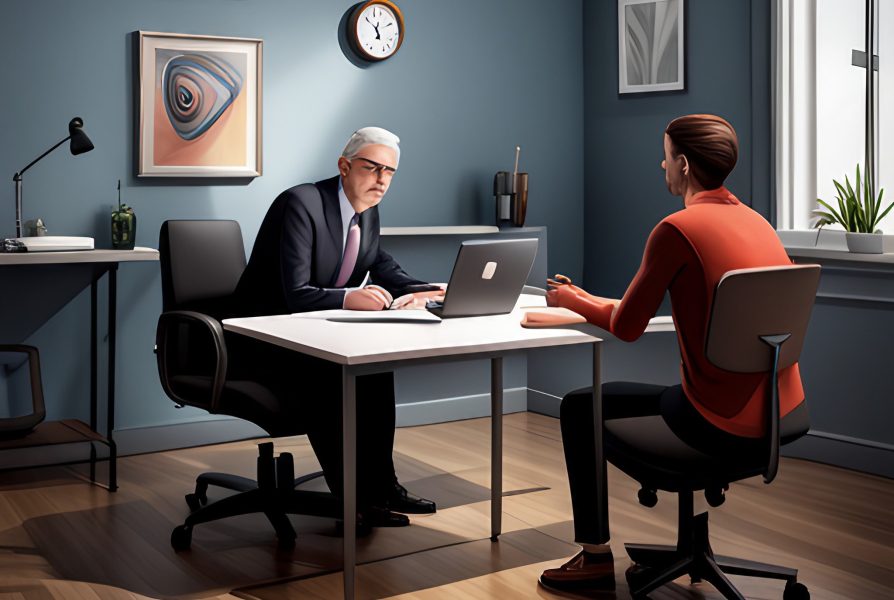Alopecia is the loss of some or all of one’s hair. For cancer patients, alopecia happens because chemotherapy attacks rapidly growing cells including those in your hair follicles. This hair loss can happen all over your body, not just your head. For some, the hair loss results in thin hair and for others complete baldness.
Most patients express some negative feelings about the loss of their hair. For some, the loss causes strong feelings of grief and even anxiety.
So what can you do to help you deal with hair loss:
1. Ask questions. First, it is helpful to ask your physician or nurse whether hair loss is associated with your type of chemotherapy. Not all types of chemotherapy cause hair loss. If you are receiving radiation, you may also want to ask about hair loss in the radiated area.
2. Know the facts. Hair loss typically begins about two to four weeks after the initiation of treatment. Most people will notice hair on their pillow, in their underwear or in the sink or shower drain. Some people may also find that their heads are sensitive or tender as their hair begins to fall out. The hair loss will continue throughout treatment and different types of chemotherapy may impact your hair loss in different ways.
Your hair will typically begin to grown back several weeks after the completion of chemotherapy. The new hair may be a different color or texture than you had prior to treatment. For some, the hair begins to grow back and appears white or gray which may change as the cells that control hair pigmentation begin to regenerate.
Although there have been several suggestions on ways to minimize hair loss using ice packs or medications such as Rogaine, no treatment has demonstrated significant effectiveness in scientific studies.
3. Prepare. You can take steps to get ready for the hair loss. Either before beginning treatment or after you have had your first dose of chemotherapy, consider going to wig shop. Your hospital may have a center available that helps you to get fitted for wigs, hats and scarves. See information below for some resources in the Los Angeles area.
Consider cutting your hair or shaving your head. For many patients, the actual process of seeing their hair fall out is difficult. This difficulty can be eased by cutting your hair shorter or by shaving your head once the hair loss begins. Although it can be sad or scary to think about taking these steps, patients most often report a sense of relief once they have begun to take steps toward removing their hair on their own rather than waiting for it to fall out completely.
4. Pamper yourself. Finding other ways to make yourself feel good about your physical appearance can be very helpful for patients. Going to the salon, spa or local make up counter can be a great way to make you feel relaxed and beautiful. Organizations like Beauty Bus Foundation or the Look Good Feel Good Program from the American Cancer Society can also help you feel good about yourself. See the resources below for more information about these programs. Having fun with your appearance can also make a difference. Finding new clothing styles or new earrings can help you to embrace your new appearance.
5. Monitor your self-talk. Often patients begin to tell themselves that they are vain if there are worried about their hair loss. The truth is that in our culture our hair has become an important part of who we are. When you see yourself without hair it is often a reminder that you are sick and that is hard for many people. If you find that you are using a lot of negative talk when thinking about your appearance or your reaction to your hair loss try to stop and take a moment to offer yourself some empathy. Think about what you might say to your best friend or a close family member and offer the same soothing remarks to yourself.
Check out two of our previous blogs on core beliefs and cognitive defusion for additional strategies for changing your thinking patterns.
If you continue to struggle with negative thoughts you may benefit from the help of a mental health professional who can help you.
Los Angeles Resources:
Personal Appearance Center
Roy and Patricia Disney Cancer Center
Providence Saint Joseph Medical Center
501 S. Buena Vista Street
2nd Level
Burbank, CA 91505
818-748-4713
http://california.providence.org/saint-joseph/services/cancer/services/personal-appearance/
Positive Image Center (open to the community)
City of Hope
1500 E. Duarte Rd.
Duarte, CA 91010
626-301-8874
http://www.cityofhope.org/positive-image-center#PositiveImageCenter
Reflections Boutique (open to the community)
UCLA Medical Center
200 UCLA Medical Plaza, Suite 163
Westwood, CA
310-794-9090
Hours of Operation: M-F 8AM-3PM
http://www.simmsmanncenter.ucla.edu/index.php/products/reflections-boutique/
Image Enhancement Center (open to the community)
USC Norris Comprehensive Cancer Center
1441 E. Lake Ave., Suite 1362
Los Angeles, CA 90033
323-865-3158
Godiva’s Secret Wigs
818-591-0808
in**@Go***************.com
http://www.godivassecretwigs.com/
Woodland Hills Location
22700 Ventura Blvd.
Woodland Hills, CA 91364
Thousand Oaks Location
2412 Thousand Oaks Blvd.
Thousand Oaks, CA 91361
American Cancer Society
Tender Loving Care (Hats, Scarves, Wigs, Bras)
800-850-9445
www.tlccatalog.org
Look Good Feel Better (make-up)
1-800-395-LOOK
http://lookgoodfeelbetter.org/
Beauty Bus Foundation (in-home services available)
2716 Ocean Park Blvd., Suite 1062
Santa Monica, CA 90405
310-392-0900








